The voice of the market has spoken – many companies are running their incentive programs on a trial-and-error basis. Research by the Incentive Research Foundation (IRF) confirms that program owners learn how to develop their incentive programs while on the job, jeopardizing their success. Few start their professional careers expecting to enter the incentive industry, or even know the industry exists! Instead, company employees wind up falling into positions where they internally manage incentive programs for their organization. To learn the ropes, they network with industry peers at conferences, picking up new and useful information while developing their programs. They risk spending their budgets, however, on a program that will fall short when compared to those developed by incentive experts.
The IRF highlighted key areas about the incentive industry that many program owners of in-house incentive programs were unaware of. Firstly, incentive industry newcomers wrongly prioritize cash rewards. We have written a number of articles on why this is a mistake. Second, internal rewards program developers were pleasantly surprised to find that there are easier ways to administer rewards such as gift cards and points redemptions. Lastly, and most importantly, there are third party incentive companies that can develop entire programs, allowing the company to focus on its own products and goals.
Here are the answers to a few frequently asked questioned uncovered by the IRF:
- How are the best companies running their programs?
Many companies turn to third party incentive companies to develop their programs. Not only is this choice more flexible for the company, but a good partner delivers a best-in-class program design with a high return on investment. Companies like Next Level run a number of award-winning programs with successful sales contest results that exceed expectations. Incentive companies align the programs with a client’s goals and values, while ensuring the participant experience is rewarding and unforgettable. As an example, our recent incentive travel program to the Big Island of Hawaii presented a number of challenges that we easily handled while our client had the trip of a lifetime.

- What are some best practices in incentive program design?
Effective sales incentive programs fulfill a set of criteria and drive results for specific, targeted goals. Key points to consider include a sales revenue goal, a time frame, and various levels of rewards to keep every eligible participant engaged. Goals and timelines may vary depending on the company, but choosing the right rewards is crucial to engaging a workforce. Prioritizing cash rewards is a big mistake. Non-cash rewards such as gift cards, travel, or rewards points to spend on products like televisions or golf clubs have greater impact on employee satisfaction and are more memorable. Participants even inflate their relative value. Our white paper covers detailed examples of optimal program designs for a variety of circumstances.
- How do you keep an incentive program interesting?
Communications are key. The Next Level Marcom team regularly updates program participants with visually aesthetic communications, using a variety of technologies, to ensure that the incentive program remains top of mind. Without consistent reminders, results could falter halfway through a program and ultimately fall short of the goal. For many sales programs, participants use websites developed by Next Level that include leaderboards or bars to track progress. By showing participants where they stand in terms of a sales contest, a program encourages participants to continue to work hard, often surpassing the designated goals.
Next Level Performance is dedicated to offering incentive, recognition, and employee engagement solutions. Check out our website for a number of blogs and white papers to answer many of the questions presented in the IRF’s study. We’d be happy to share resources and information to help you develop the most effective program for your organization.



